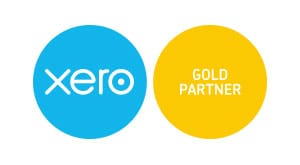Last months Valentine’s Day brought with it updated guidance from HMRC relating to the disguised remuneration charge on loans, a tax avoidance measure used in the past to refrain from paying Income Tax and National Insurance contributions.
Disguised remuneration loans work by paying income to scheme users in the form of loans; however, these loans are not intended to be repaid. Therefore HMRC deem them to be no different to ordinary income for tax purposes.
Users of these schemes in the past are now being told to contact HMRC before April 5th 2019 and arrange to make a settlement before a charge on outstanding disguised remuneration loans comes into effect for the new tax year.
Paying tax on disguised remuneration loans
If you have used disguised remuneration loans to avoid paying tax in the past, you may have a bill to settle; however it is important to realise that coming forward now will almost certainly result in you paying the least amount overall, compared with waiting until after April 5th.
What if I cannot pay?
HMRC are offering some flexibility on this issue. That means even if you owe a substantial amount in backdated tax on disguised remuneration loans, you should be given time to pay at an affordable rate.
The HMRC guidance states: “Settling does not mean the money has to be paid in one go. Flexible payment arrangements are available to anybody who has genuine difficulty paying what’s owed. HMRC recognises paying the tax due will have a significant impact on some people.”
What are the flexible payment options?
If your taxable income is under £50,000 for 2018-19 and you are not involved in any tax avoidance schemes, you should not be asked for additional proof of income and assets.
HMRC are saying they will give you up to 5 years to pay what you owe on this charge, and up to 7 years if your income is below £30,000.
People on an income over £50,000 can also apply for flexible repayment, but you may have to provide extra information about your income so HMRC can decide what rate of repayments they think you can afford.
Crawfords Accountants are here to help with this issue, and any other concerns you may have relating to personal tax. Just get in touch if you need some help working out what you might need to pay back to HMRC before April 5th 2019.







 Production
Production
